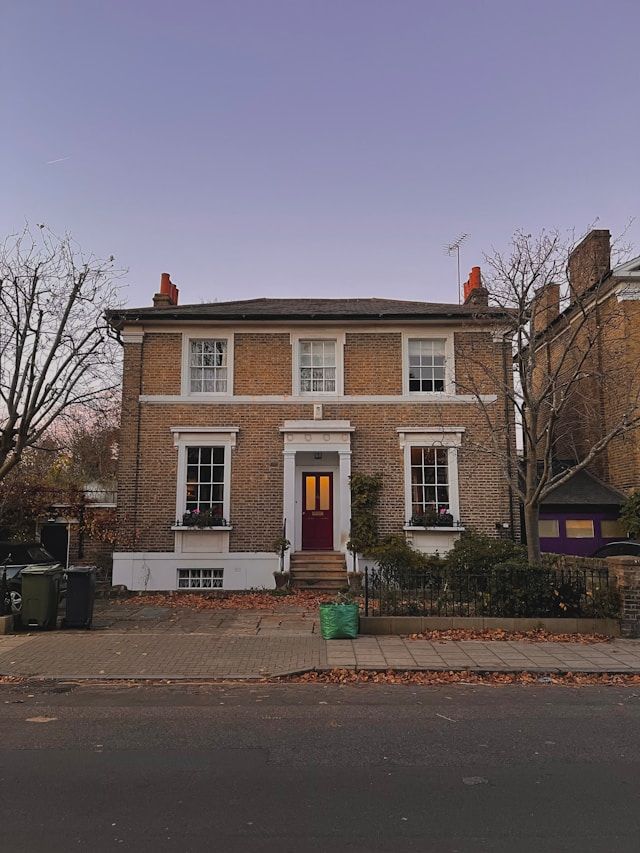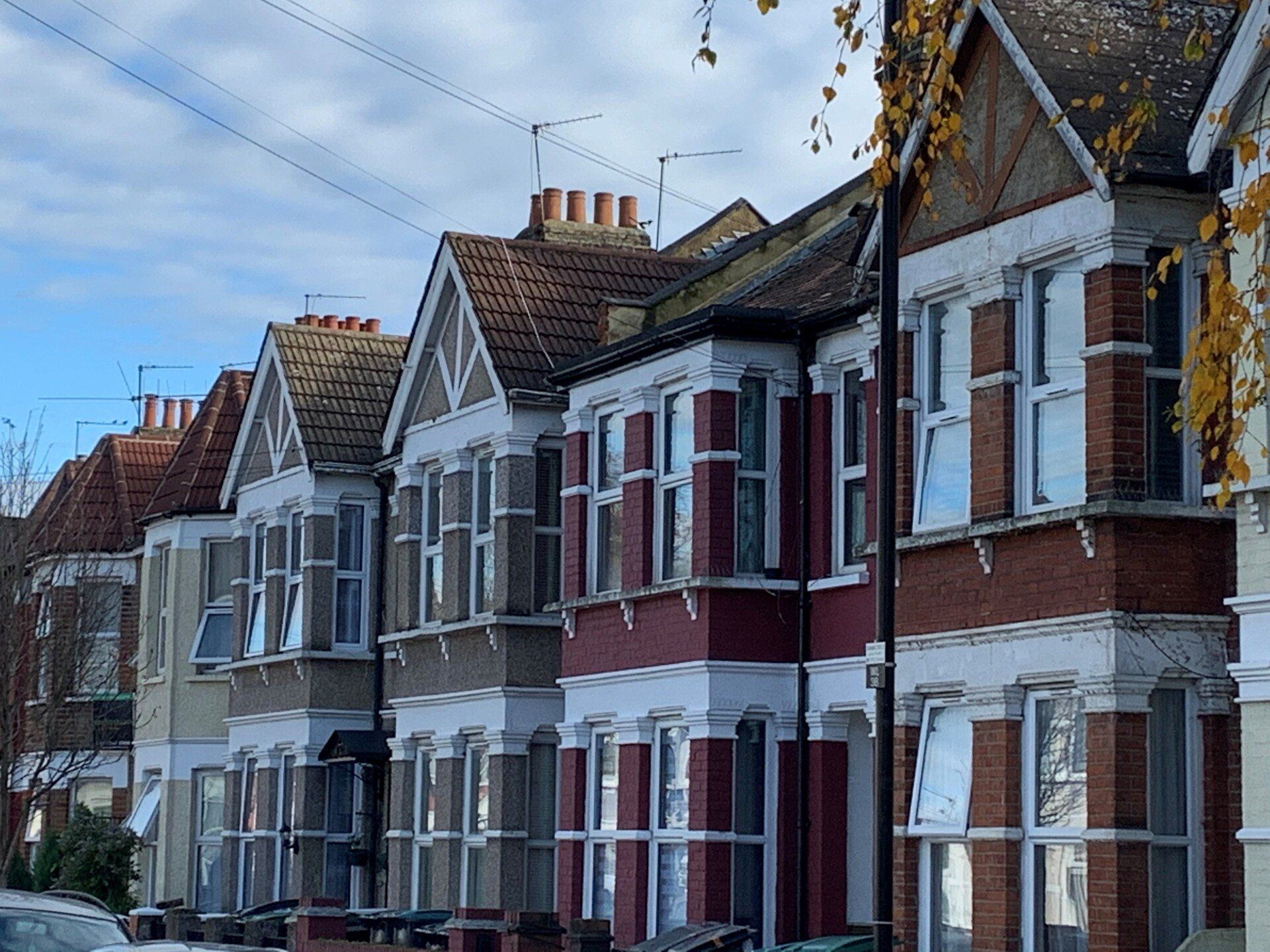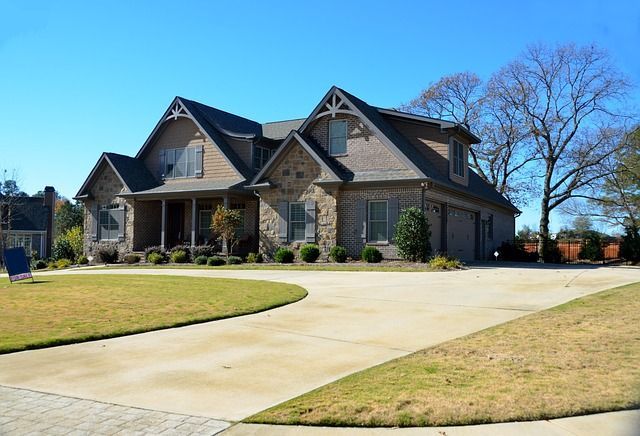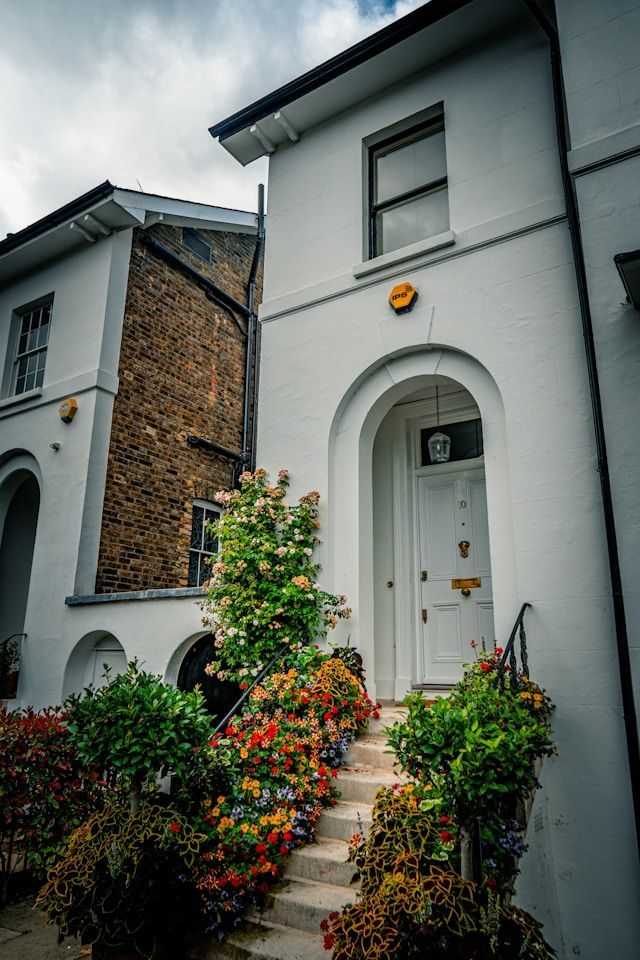Adam Joseph Party Wall Surveyor in Edgbaston
Embarking on a construction project can be an exciting yet complex endeavour, especially when it involves shared walls with neighboring properties. The Party Wall Act of 1996 in the UK plays a crucial role in regulating these situations, ensuring that all parties involved are well-informed and protected. One of the initial steps in this process is serving Party Wall Notices, and understanding the various options available is paramount.
The Party Wall Act: A Brief Overview
The Party Wall Act was enacted to provide a framework for preventing and resolving disputes in relation to party walls, boundary walls, and excavations near neighboring buildings. Its primary aim is to ensure that property owners notify their neighbors before undertaking certain construction works, and it outlines the procedures for doing so.
Importance of Party Wall Notices
The issuance of Party Wall Notices is a legal requirement under the Act. It serves as a formal communication to neighboring property owners, informing them of the intended works and providing an opportunity to raise any concerns or disputes. There are three main types of Party Wall Notices, each serving a distinct purpose in different construction scenarios.
1. Section 1 Notice: Excavation Notice
When construction involves excavations near the boundary of a property, a Section 1 Notice must be served. This includes digging foundations for new structures or basements. The notice informs neighboring property owners of the intended excavation depth and distance from their property.
2. Section 3 Notice: Line of Junction Notice
For works that involve building a new wall on the boundary line between two properties, a Section 3 Notice is required. This notice outlines the nature of the proposed wall, its height, and any special foundations needed. It gives neighbors the chance to consent or raise objections to the proposed works.
3. Section 6 Notice: Party Structure Notice
This notice is applicable when the construction project involves works on an existing party wall, such as alterations, repairs, or the insertion of beams. The Section 6 Notice outlines the nature of the proposed works and gives neighbors the opportunity to consent or dissent. If there is a dissent, a dispute resolution process may be initiated under the Party Wall Act.
Serving the Notices: Timing and Best Practices
Serving Party Wall Notices at the right time and in the correct manner is crucial to comply with the Act and foster positive neighborly relations. Notices should be served well in advance of the intended construction start date. The Act recommends serving notices at least two months before the proposed work for Section 1 and Section 3 Notices, and one month for Section 6 Notices.
It's essential to communicate clearly and provide detailed information in the notices. This includes the names and addresses of both property owners, a description of the proposed works, the start date, and any necessary drawings or plans. Seeking professional advice from a Party Wall surveyor can ensure that notices are correctly drafted and delivered, minimizing the risk of disputes.
Neighborly Relations: The Role of Consent
Ideally, neighbors will provide written consent to the proposed works outlined in the Party Wall Notices. Consent from all relevant parties avoids disputes and streamlines the construction process. However, it's important to note that neighbors have the right to dissent, triggering a dispute resolution process outlined in the Party Wall Act.
Dispute Resolution Mechanisms
If a neighbor dissents to the proposed works, the Party Wall Act provides mechanisms for resolving disputes. The parties involved can agree to appoint a single surveyor, known as an agreed surveyor, or each party can appoint their own surveyor. The surveyors will then prepare an award, a legally binding document that outlines the rights and responsibilities of each party concerning the proposed works.
Conclusion: Navigating Party Wall Notices
Understanding the Party Wall Act and the various Party Wall Notices is essential for anyone undertaking construction work that may affect neighboring properties. By following the correct procedures and seeking professional advice when necessary, property owners can navigate the complexities of the Party Wall Act, fostering positive relations with neighbors and ensuring a smooth construction process. Clear communication and compliance with the Act's requirements are key to a successful construction project that respects the rights and concerns of all parties involved.
For more information call Adam Joseph Chartered Surveyors at 020 3875 9279 or email us.










